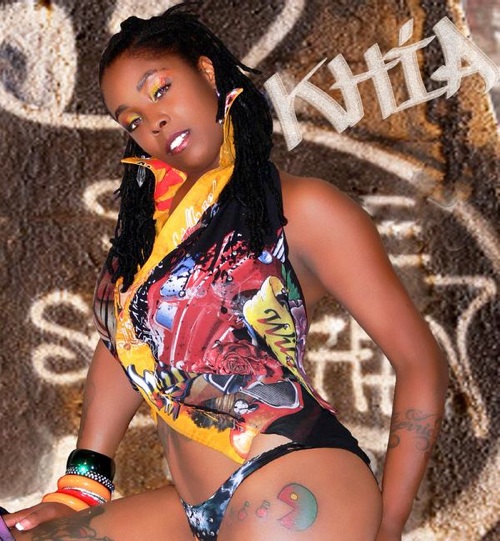
ΔΙΑΦΗΜΙΣΗ
ΔΙΑΦΗΜΙΣΗ
ΔΙΑΦΗΜΙΣΗ
ΔΙΑΦΗΜΙΣΗ
ΔΙΑΦΗΜΙΣΗ
ΔΙΑΦΗΜΙΣΗ
ΔΙΑΦΗΜΙΣΗ
ΔΙΑΦΗΜΙΣΗ
ΔΙΑΦΗΜΙΣΗ
[1] And without eviscerating any shred of cred I myself may possess, this phenomenon likely explains why I—a white, law student—am writing this article.[2] These are all references to her songs—“Don’t Trust No N*gga”(from Thug Misses), “Respect Me,” (from Gangstress), and of course “My Neck, My Back,” (also from Thug Misses.)[3] Upon receiving this message, I instantly think that maybe this interview wasn’t really going to happen, that I’d dreamt the whole thing up. Khia, however, calls me back within seconds.[4] One particularly enraged YouTube user commented on her Fourth of July Video-blog: “This bitch had one hit song and she think she running shit. I can't believe she's talking shit about people who are more relevant than she is and will always be. Stop scrapping the bottom of the barrel bitch and put some meaning into yo pathetic ghetto trashy ass life.” (Ok, “Lamarrs,” calm down.) [5] The ever-so catchy chorus goes: “Niggers like pussy, girls like money.” Previously: My Neck, My Back, My Pussy, And My Life